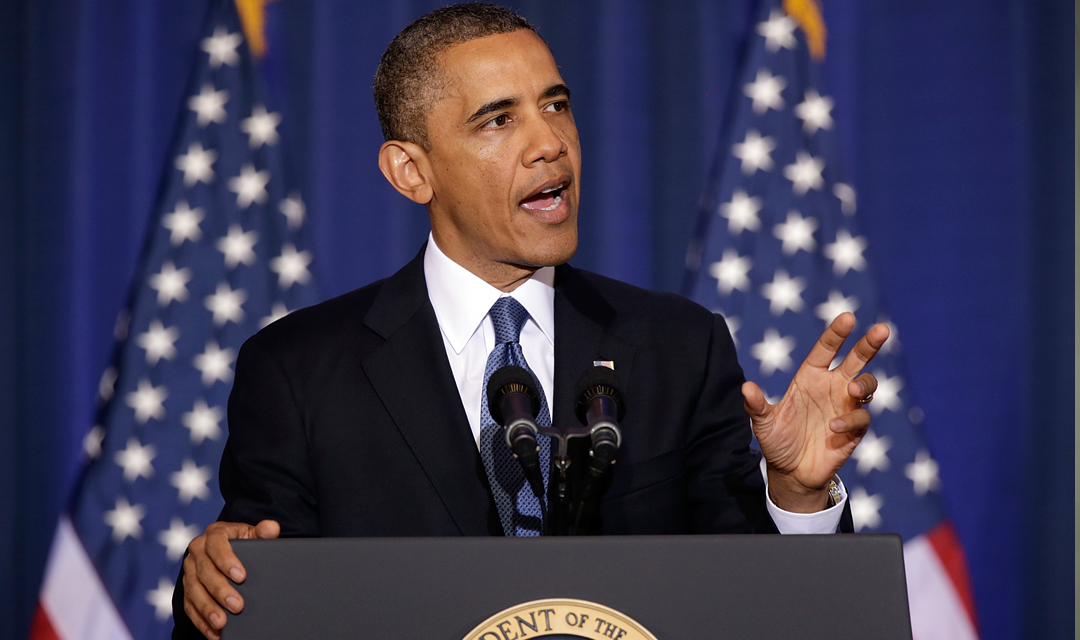After Susan Cain’s incredibly popular TED talk, it seems like people have finally started to understand introverts. Our culture pushes us to be social and outgoing. The more friends and connections we have, the more successful we are. Introverts, on the other hand, are misunderstood.
People often identify the term introvert with being anti-social. However, introverts are not necessarily afraid, distracted, or bothered by other people’s presence. They just feel safe when they are in touch with their inner self. They can have fun and they can be very social, but they feel better when they are alone or surrounded by few people they feel close to. When they are in the middle of a crowd, they often feel uneasy and uncomfortable, but that doesn’t have to make them bad-tempered. Being anti-social and being an introvert may be two features of the same person, but these are two different characteristics that we should not confuse.
Before we can start explaining how introverts can be very successful, let’s explain what being an extrovert means. Extroverted people are the ones who fill their energy levels by being surrounded by many people. Loneliness exhausts them and makes them feel uncomfortable. You’ll easily notice extroverts in a group, since they enjoy big companies and they always shine in nightclubs or at any event.
An introvert, on the other hand, may want to go out and hang out with other people, but they soon feel exhausted by the company. They need some rest and alone time to refuel their energy and reestablish the connection with themselves and their family. When they want to go out, they choose quiet places or they stay on the margins of the crowd.
Are introverts necessarily passive and extroverts necessarily successful?
This is one of the major stereotypes surrounding both personality types. Why bother defining one type as good and the other one as bad? Obviously, both extroverts and introverts are needed for societies to work.
Both extroverts and introverts have their advantages and disadvantages. If we labeled introverts as antisocial (and we already explained that was a myth), then we would have to define extroverts as attention seekers. That doesn’t sound right, does it?
The personality type has nothing to do with personal integrity. Introverts know how to stand for themselves when needed. In fact, there are many successful introverts, who break the stereotypes about this characteristic.
Successful introverts bust the myth
Look, we’re not saying that introverts are more likely to be successful. We’re trying to prove that introverts can be just as successful as extroverts, so there is no point in limiting your own chances for success if you belong in this personality type.
Here are few exemplary introverts who proved that we cannot base success upon a single personal characteristic:
1. Bill Gates
This is possibly the most famous example of an introvert becoming successful. Here’s how Gates grasped the essence of our article in a single statement: “If you’re clever, you can learn to get the benefits of being an introvert.”
He is a quiet person, but he is not shy, as Susain Cain explained on her blog. That’s another myth we need to bust: a person can be both an introvert and shy, but introversion and shyness are not the same thing.
2. K. Rowling
If we tried to analyze famous writers, we would probably figure out that most of them were introverts. Although writers need to be part of society in order to observe it and write about it, they still need to be in touch with their own thoughts and emotions. Did you know that J.K. Rowling got the idea for Harry Potter while travelling alone?
She didn’t have a pen with her, so she continued thinking for hours. She visualized all details in her mind and she sensed she was onto something big.
When an introvert is in the middle of a crowd, they don’t need to get their energy from it. They feel their best when they launch themselves into their own world of introspection, thoughts, and emotions. Just like Rowling did.
3. Frederic Chopin
One of the most famous composers of all times was also an introvert. He gave around 30 public performances throughout his life, but he enjoyed playing for small groups of his closest friends. Chopin’s humble life and his writings reveal that he always tried to stay quiet and alone, since that’s when he got productive.
4. Barack Obama
You would expect introversion to be a beneficial central personality dimension for professions like writers, artists and composers. However, introverts can also be powerful leaders. Barack Obama, one of the most popular American presidents, is a known introvert.
David Brooks, a columnist for the NY Times, expressed his analysis on the President’s governing: “Obama’s actual governing style emphasizes delegation and occasional passivity. Being led by Barack Obama is like being trumpeted into battle by Miles Davis. He makes you want to sit down and discern.”
Were those 4 famous examples enough for you to realize that you could achieve any goal even though you’re an introvert? It may require more work and commitment for you to get noticed in the crowd, but you’ll definitely shine as soon as you gain enough confidence in your own awesomeness.
If you enjoyed this post, feel free to share it with your friends and family. After all, sharing is caring!
Leah Cooper
Leah Cooper is a professional writer and editor at AussiEssay. She writes about different topics in such spheres as e-learning, content marketing, blogging, self-development and freelancing. Feel free to follow her on Facebook and Twitter.














